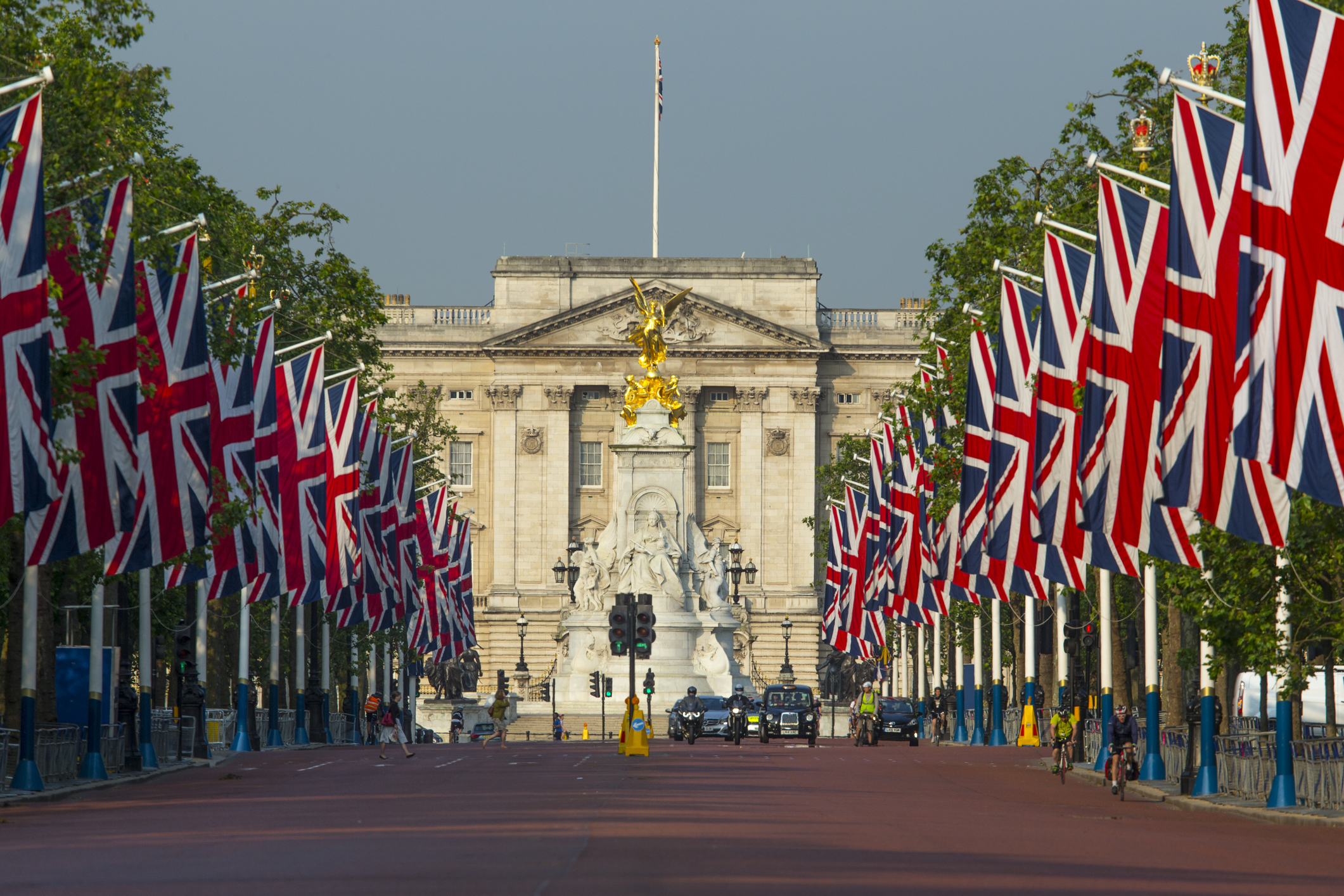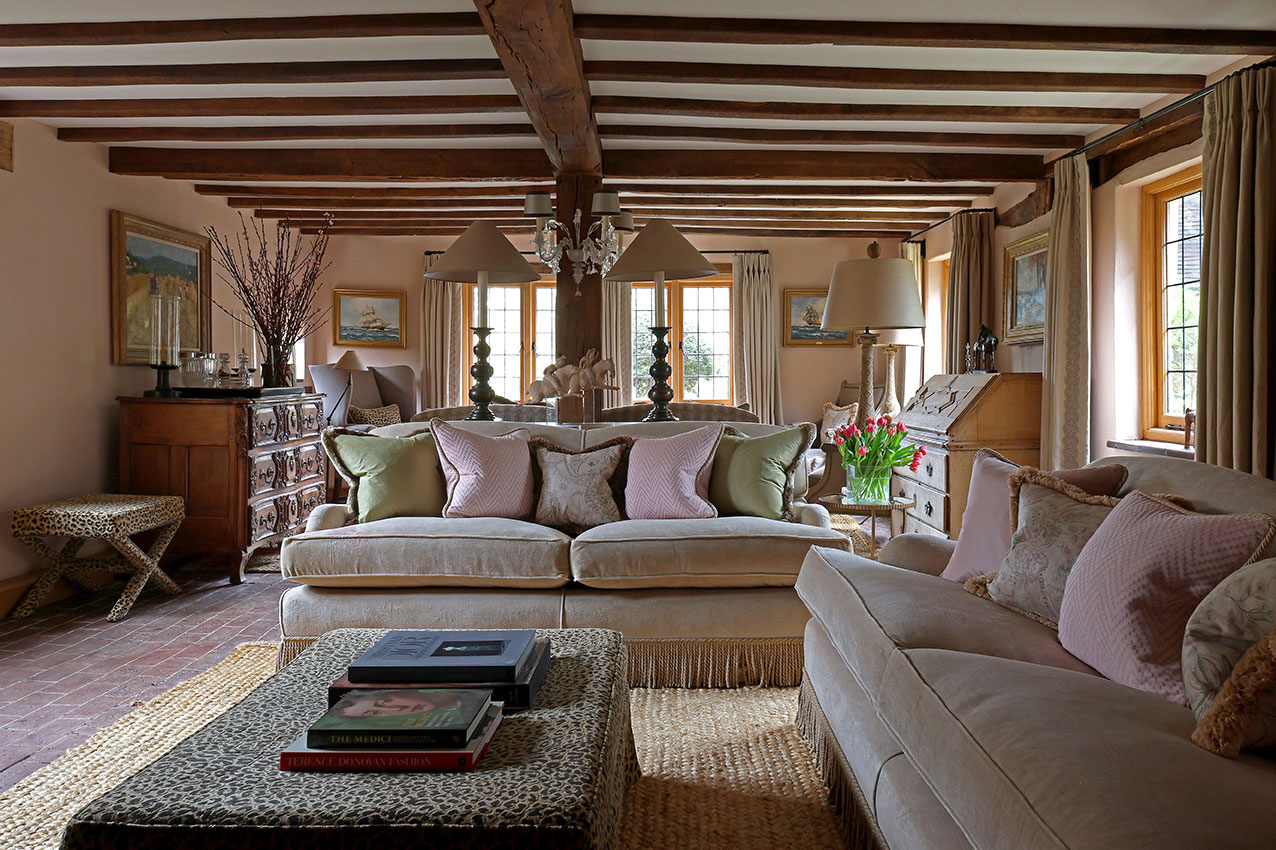Jason Goodwin: The second, little-known verse of our National Anthem
Our spectator columnist comments on this past Remembrance Sunday.
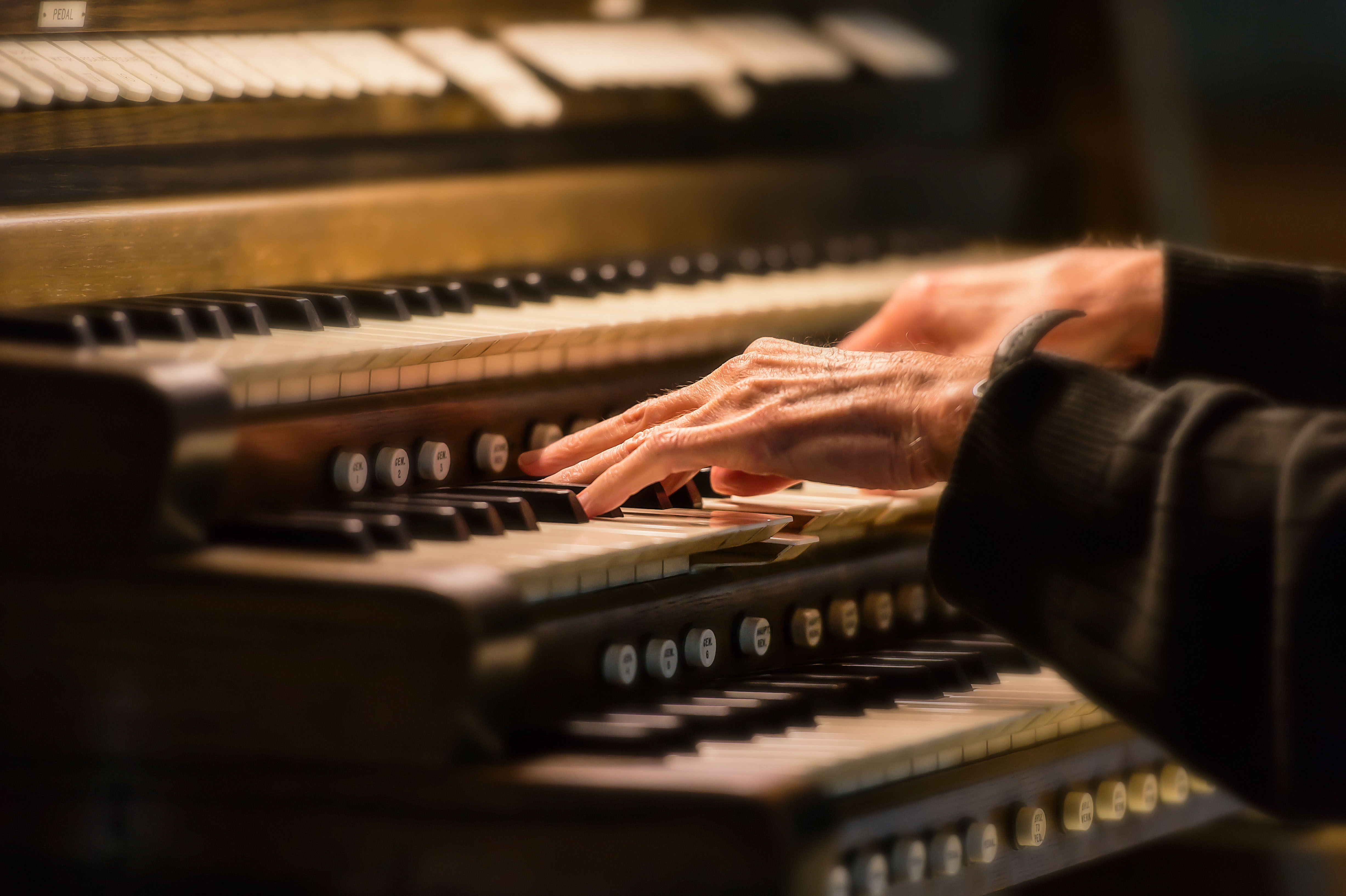
‘I am, frankly, rather surprised,’ said our Austrian neighbour. ‘I’ve certainly never heard that before.’
‘We don’t sing it all that often,’ I admitted, as we made our way from the church to the hall for coffee and buns.
Our Remembrance service in the churchyard culminated in the planting of a tiny oak, which Lady Williams had raised from an acorn she found down by the lake and kept in the fridge over the winter to temper it. Longhorn Jim, who raises cattle on the valley grass, was responsible for the actual planting. He lifted the pot, the rim snapped off and the sapling toppled upside down into the hole.
Jim lifted it out and set it the right way up. His medal shone and his hands were black with soil. Thirty-seven years ago he was the youngest serviceman on the flotilla that retook the Falklands. ‘After a battle,’ he said, ‘your thoughts do turn to peace, and to love. So I think that would be a fitting dedication for this tree.’
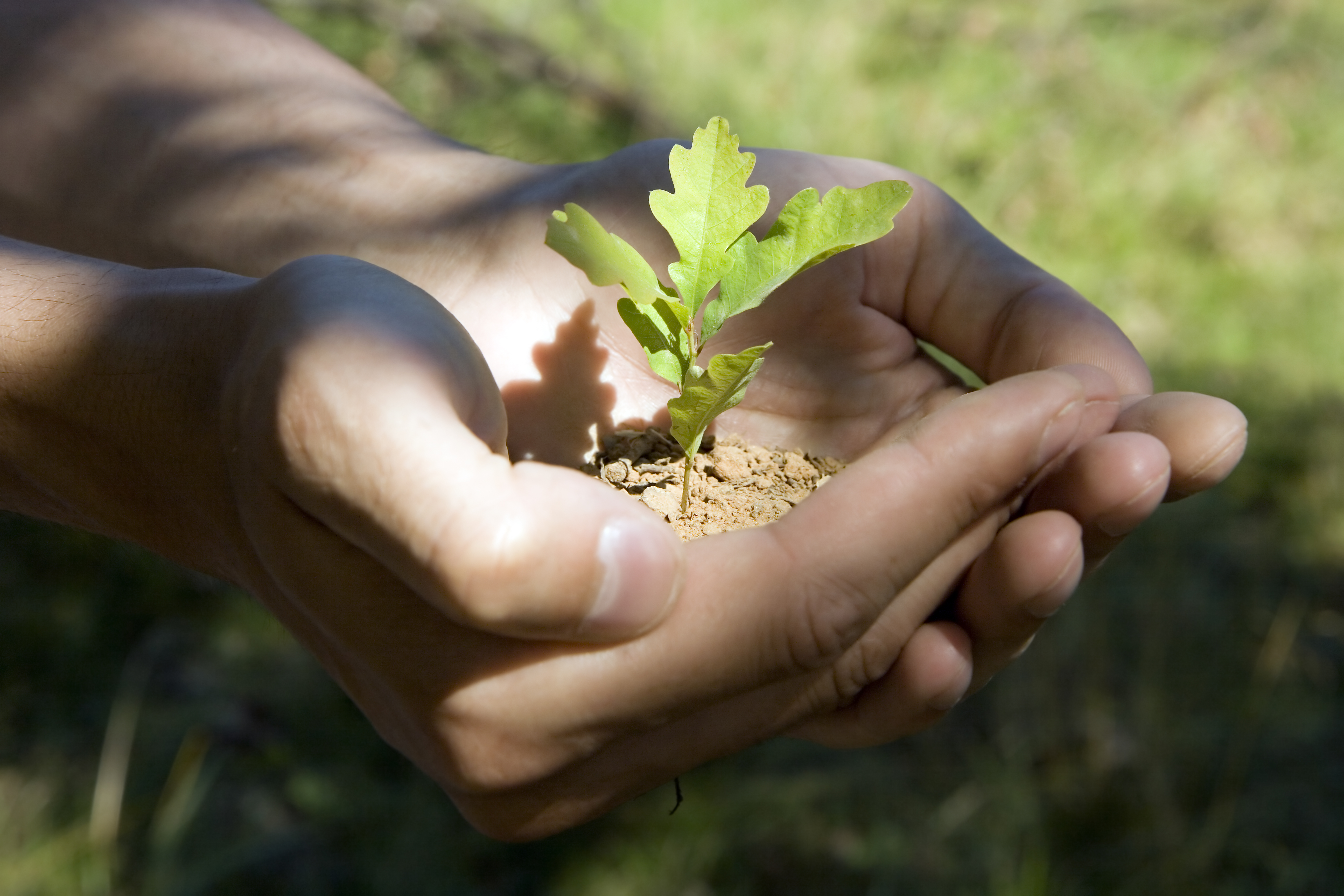
Sir Philip declared that the tree might commemorate the fact that every man called up from the village in the Second World War made it back – changed, no doubt, but all in one piece. A few miles away, Langton Herring is one of the so called Doubly Thankful Villages, where the men marched off and all came back: no one died in either World War. There are only 13 of these in Britain.
We read out the names of the seven dead from this village and the lists from two of its neighbours. The outdoor ceremony ended with a recitation of the beautiful fourth verse of Laurence Binyon’s For the Fallen. Binyon wrote it with solemn foresight, in September 1914, when people still thought the war would be over by Christmas. It contains one of the best and oldest rhythmic plays in poetry, the final line a stutter of grief and resolve:
‘They shall grow not old, as we that are left grow old/Age shall not weary them, nor the years condemn/At the going down of the sun and in the morning/We will remember them.’
Sign up for the Country Life Newsletter
Exquisite houses, the beauty of Nature, and how to get the most from your life, straight to your inbox.
'At the organ, Sandra pulled out the stops, propelling us into the second verse nobody ever sings'
We returned to the church for the Eucharist and the service closed with a rendition of Hymn 293 in Ancient & Modern, otherwise known as the National Anthem. Pom Pom Pom POM! Send her victorious! God save the Queen!
At the organ, Sandra had pulled out the stops, unintentionally propelling us into the second verse that nobody ever sings unless the monarch is present – or even then.
‘O Lord our God arise/Scatter our enemies/And make them fall.’
Not, perhaps, the Remembrance ideal, but a forthright appeal for victory, mitigated by the lines urging God to undertake certain specific actions:
‘Confound their politics/Frustrate their knavish tricks/On Thee our hopes we fix/God save us all.’
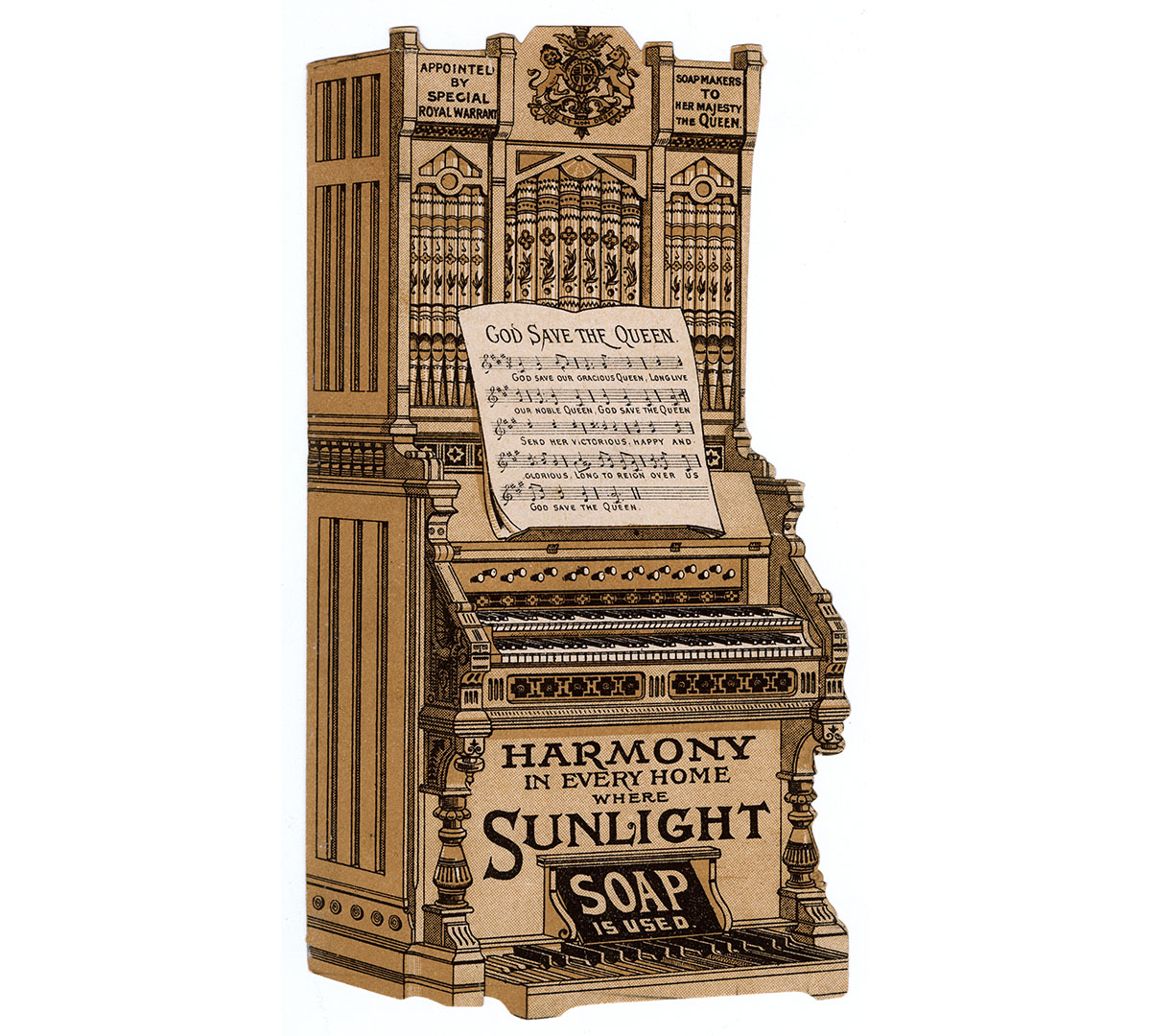
It may not be heard much, but it is my favourite verse, with a period touch of Jack Tar and lawks-a-mercy; it’s like having a saucy ship’s figurehead rear up to give us a piece of her mind. In an election month, I can readily think of politics I would confound and politicians whose knavish tricks I’d gladly frustrate – God save us all.
Sandra seemed to think two verses was enough and stopped playing before we reached the rather feeble one beginning ‘Thy choicest gifts in store/On her be pleased to pour’.
The vicar was quite apologetic about the extra verse, but afterwards, I reminded my Austrian friend that frustrating knavish tricks was milkwater compared with, say, Le Marseillaise, with its stirring talk of slit wizands and French fields watered with impure blood. ‘Well,’ she said, humming tentatively. ‘My country’s anthem, it’s mostly geographical.’
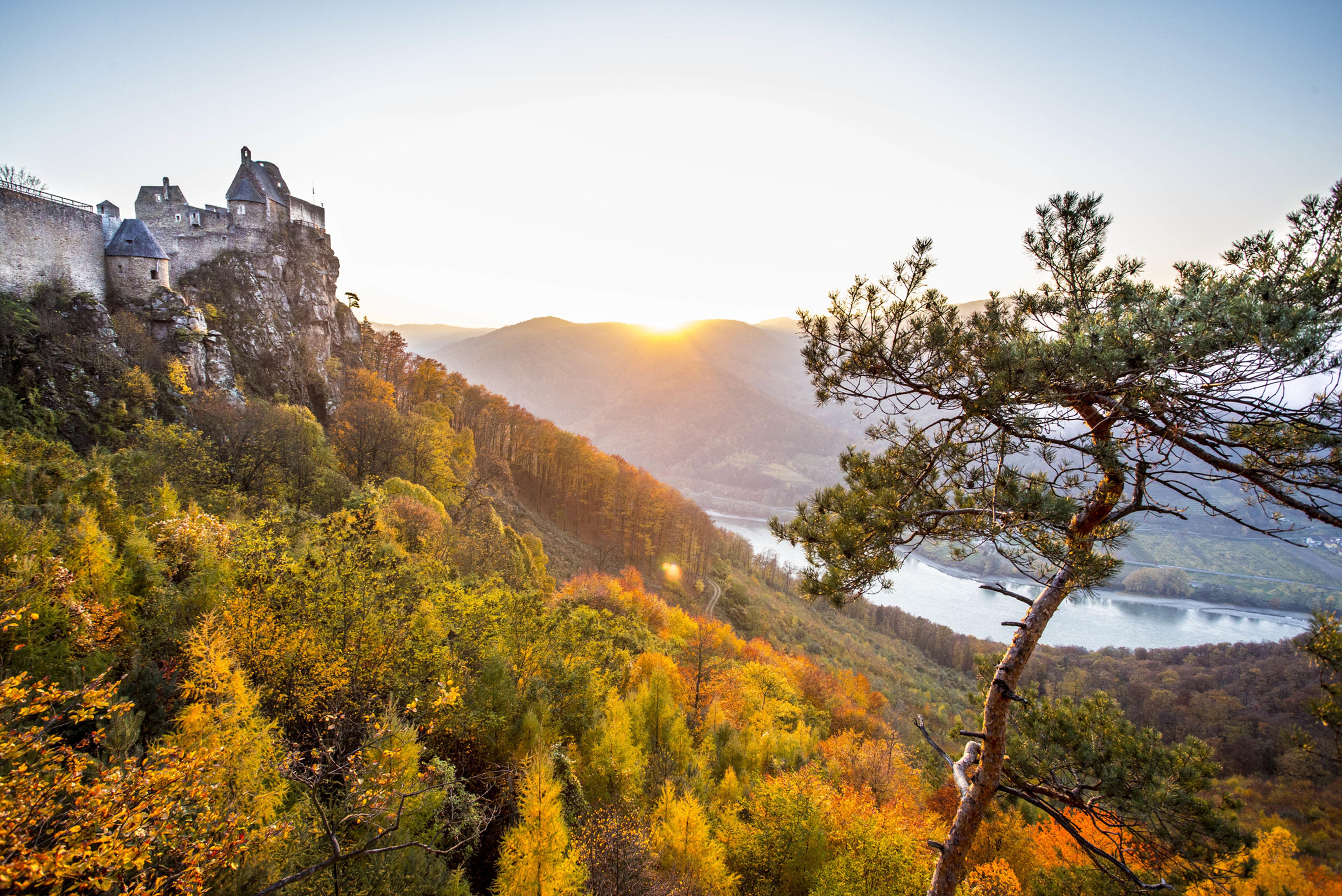
Jason Goodwin: 'Politicians need historians as much as kings need minstrels'
Jason Goodwin undertakes a family cycle ride along the Danube.
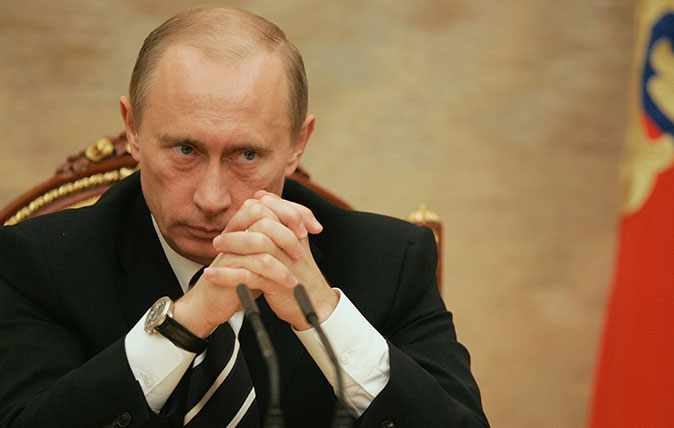
Credit: Alamy
Jason Goodwin: On wardrobes, spontaneous combustion and burning Vladimir Putin
Our columnist takes his life into his own hands by witnessing the ceremonial destruction of Russian premier Vladimir Putin.
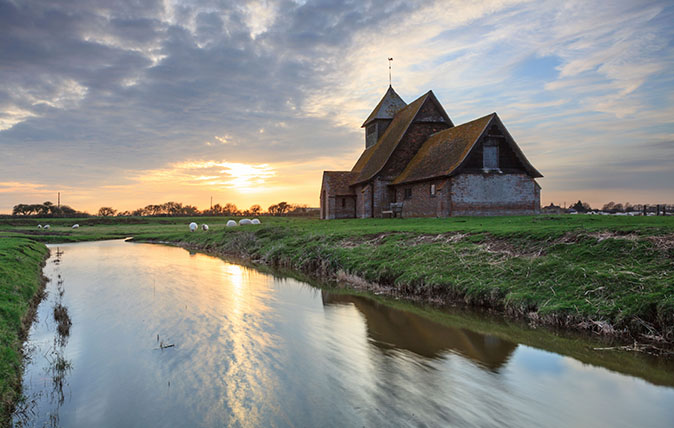
Jason Goodwin: 'On our watch, the natural glories of our island have been atrociously depleted'
Our columnist Jason Goodwin laments the staggering decline of British wildlife and the depletion of our island's natural glories.
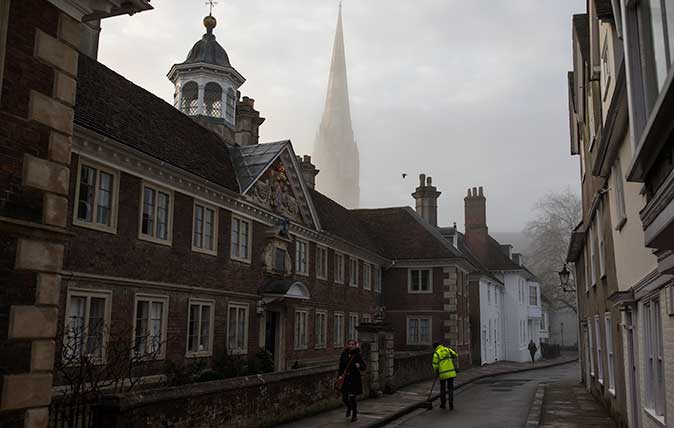
Credit: Getty
Jason Goodwin: 'There was nothing there. The original message from St Petersburg, Sergei’s emails, the thank-you email. All gone.'
Our columnist Jason Goodwin recounts a chilling tale of his own brush with the Russians in Dorset.
